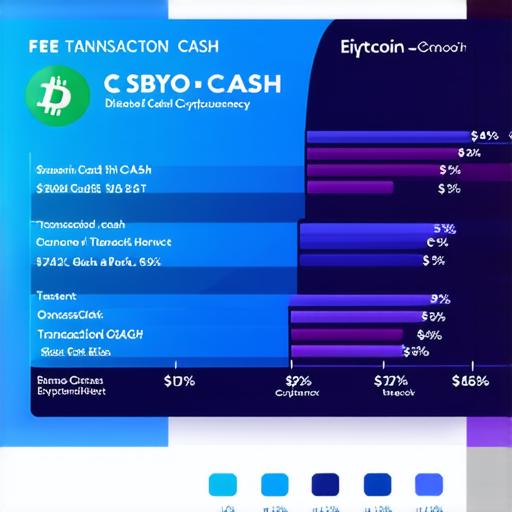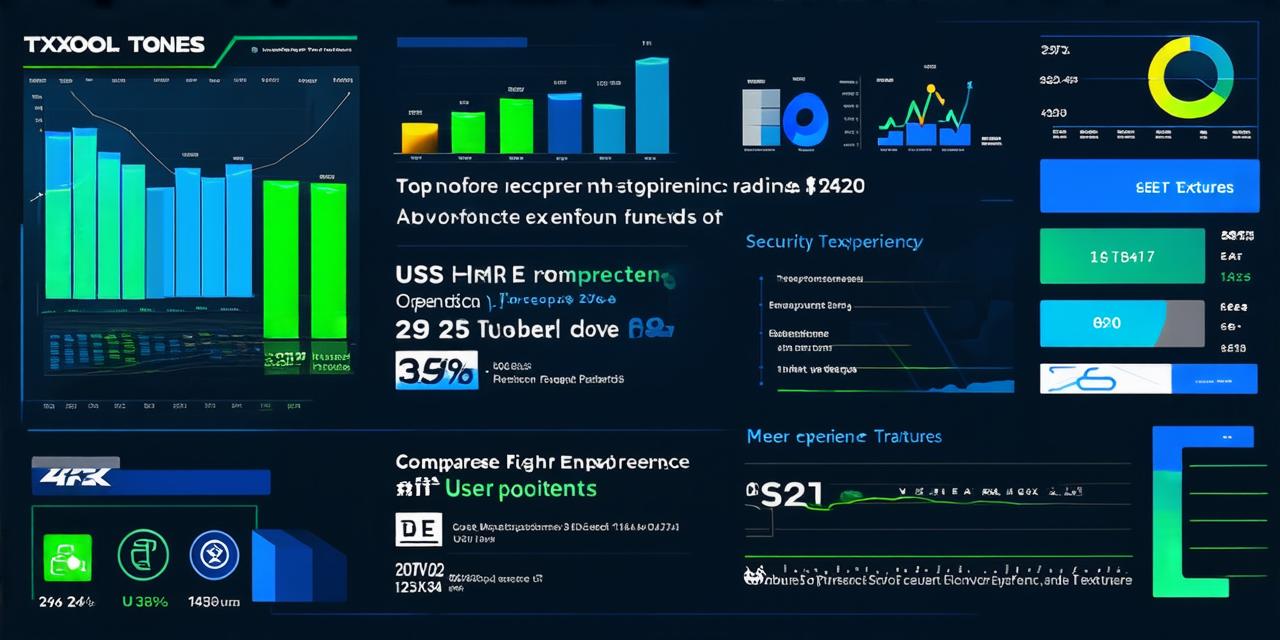Introduction
When it comes to investing in cryptocurrencies, one of the most important aspects to consider is the cost of transactions. Every time you buy or sell a cryptocurrency, you need to pay a fee to the network that facilitates the transaction. These fees are paid using the cryptocurrency itself and are used by miners to maintain the network.

Which Cryptocurrency Has the Lowest Transaction Fees?
When it comes to transaction fees, Bitcoin is often cited as the most expensive option. This is because Bitcoin is the most widely used cryptocurrency and has a high level of demand.
However, there are other cryptocurrencies that have lower transaction fees than Bitcoin. One of the most popular options is Ethereum. Ethereum is a decentralized platform that allows developers to create and deploy smart contracts. It has been gaining popularity in recent years due to its versatility and low cost compared to Bitcoin.
In fact, according to CoinMarketCap, the average transaction fee for Ethereum is just $0.20 per transaction. This is significantly lower than Bitcoin’s average fee of $1.50 per transaction.
Another option to consider is Litecoin. Litecoin is a decentralized digital currency that is similar to Bitcoin, but with faster transaction speeds and lower fees. The average transaction fee for Litecoin is just $0.25 per transaction, making it an attractive option for those looking for low-cost cryptocurrency transactions.
Why Do Some Cryptocurrencies Have Lower Transaction Fees Than Others?
The reason why some cryptocurrencies have lower transaction fees than others is largely due to their level of adoption and demand. As mentioned earlier, Bitcoin is the most widely used cryptocurrency and has a high level of demand. This means that miners are willing to charge more for their services in order to earn a profit.
On the other hand, cryptocurrencies like Ethereum and Litecoin have not yet reached the same level of adoption as Bitcoin. As a result, there is less demand for their services, which means that miners are less willing to charge high fees for transactions.
Another factor that can affect transaction fees is the network infrastructure of the cryptocurrency. Some cryptocurrencies have more advanced and efficient network infrastructure than others, which can result in faster and cheaper transactions.
Real-Life Examples of Low Transaction Fees
One real-life example of low transaction fees is the popular online marketplace Coinbase. Coinbase supports a variety of cryptocurrencies, including Bitcoin, Ethereum, and Litecoin. According to Coinbase’s website, the average transaction fee for Bitcoin on their platform is $1.50 per transaction, while the average fee for Ethereum is just $1.30 per transaction and $0.20 per transaction for Litecoin.
Another example of low transaction fees can be seen in some decentralized exchanges (DEXs). DEXs allow users to trade cryptocurrencies directly with each other without the need for intermediaries, which can result in lower transaction fees compared to centralized exchanges like Coinbase. Some popular DEXs include Uniswap and Sushiswap, both of which support a wide range of cryptocurrencies.
FAQs
Q: What is the average transaction fee for Bitcoin?
A: The average transaction fee for Bitcoin is $1.50 per transaction.



